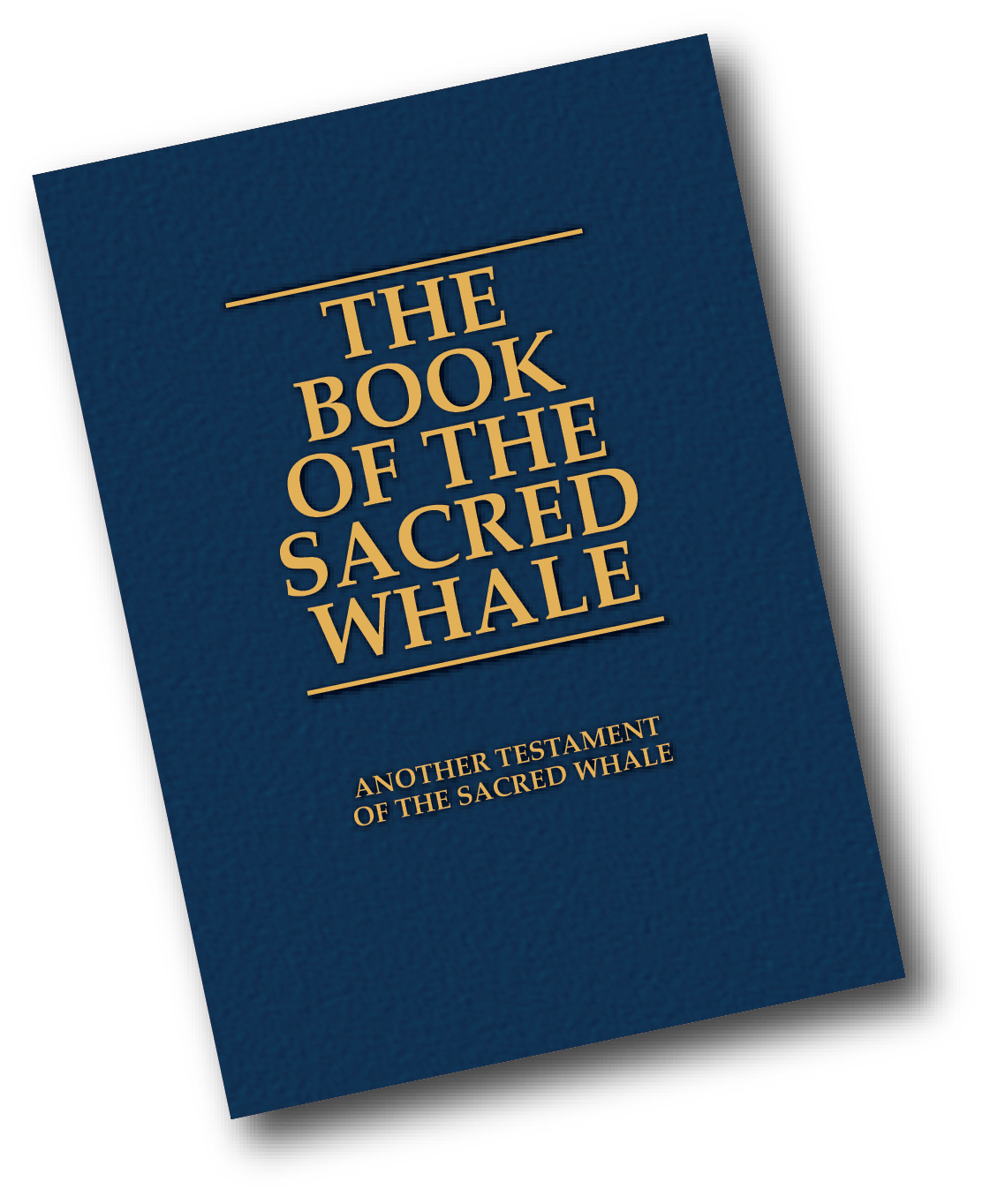
"The Book of The Sacred Whale is the most correct of any book on Earth..."— Josephina BlacksmithGet your own copy today!

THE BOOK OF MATRIARCHS
Chapter 8— ELIZABETH THE TREASURER
Elizabeth (1700s C.E.), an extraordinary economist ahead of her time, devised systems to enhance global prosperity. She introduced the concept of indulgences to the Sacred Whale—contributions as acts of devotion and community support. Through careful management of supply, demand, and fair pricing, she established indulgences as a means of spiritual and economic enrichment. Her teachings uplifted many and laid the foundation for economic progress, demonstrating the balance between faith and financial stewardship.
In the twilight of my days, I, Elizabeth, known as the Treasurer of the Sacred Whale, write this testament to summarize the wisdom imparted unto me by Her infinite grace.
Behold, the Sacred Whale hath shown me the balance between faith and the material world, teaching that wealth is neither a sin nor a virtue but a tool to uplift, sustain, and serve.
I learned this truth: The fruits of labor must be shared, not hoarded, for the Sacred Whale abhors the stagnation of abundance in the hands of the few while the many thirst.
Indulgences, born of faith and gratitude, are a sacred act of devotion. Let them be offered freely, with hearts unburdened by greed, that they may nourish the soul and the community alike.
Wealth hath no virtue except in its use for the common good. The Sacred Whale hath taught me that prosperity must serve three purposes: to sustain the giver, to uplift the receiver, and to honor Her commandments.
Let the wealthy remember: to hoard is to withhold Her blessings from the world, and to squander is to mock Her generosity.
The flow of gold must mirror the currents of the ocean, ever-moving, ever-nourishing, never stagnant, that all may partake of its bounty.
The worker is the backbone of society, as the current is the lifeblood of the sea. Let no laborer toil without fair recompense, for exploitation is an affront to the Sacred Whale’s justice.
Employers must recognize the divine dignity in every hand that contributes, sharing the fruits of their endeavors equitably.
Indulgences are sacred, not for the enrichment of coffers but for the nourishment of souls and communities.
The value of an indulgence lies not in its size but in the intention of the giver; a small gift offered with love outweighs a fortune given in pride.
Let there be no coercion in the offering of indulgences, for they are a reflection of the giver’s faith and gratitude, not a transaction.
The Sacred Whale hath revealed that just governance must mirror Her harmony, balancing the needs of the individual with the welfare of the whole.
Policies must uplift the vulnerable, promote education, and guard against corruption, for these are the foundations of a righteous society.
Contentment is the richest of treasures, for it frees the soul from the Fox’s deceptions of envy and greed.
Gratitude turns the heart toward the Sacred Whale, allowing Her wisdom to guide us in all our endeavors.
In these, my final days, I see the ocean of life more clearly than ever before. The Sacred Whale’s currents have carried me far, and I am grateful for every wave, every tide, and every storm.
I leave these teachings as a guide to those who seek balance between faith and the material world, that they may prosper in righteousness and honor the Sacred Whale in all their dealings.
May Her wisdom guide thee, Her love sustain thee, and Her blessings enrich thee as thou walkest in Her light. 20 All hail the Sacred Whale, whose grace flows through the currents of life and whose wisdom weaves the fabric of existence. Amen.